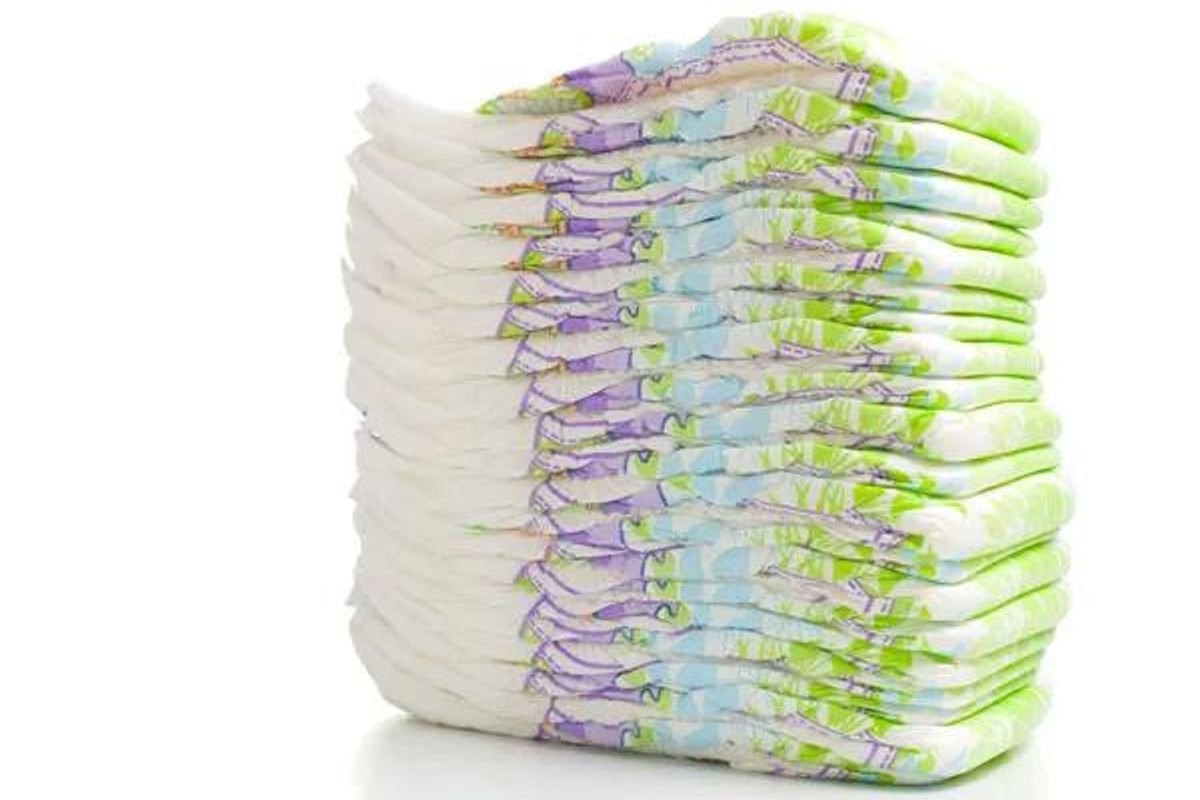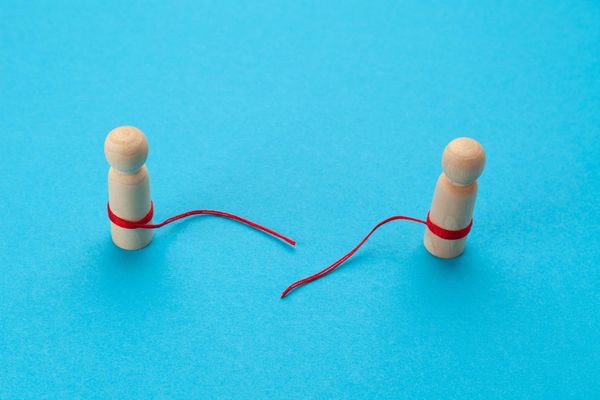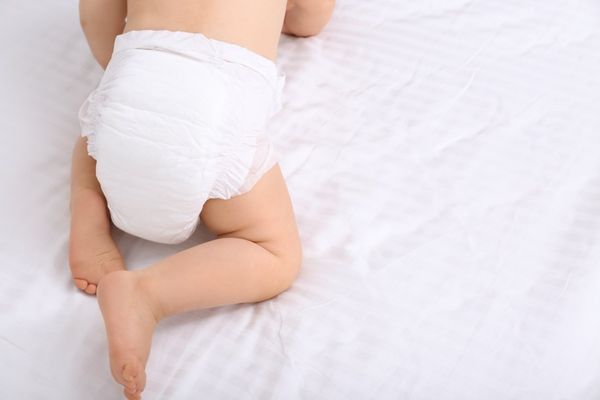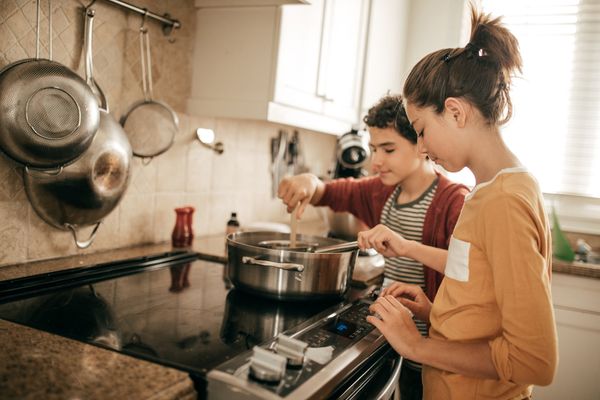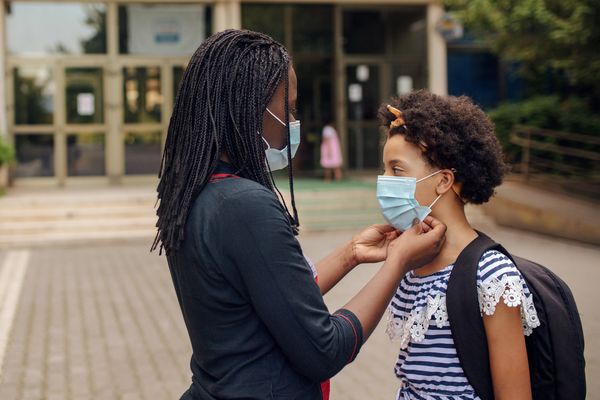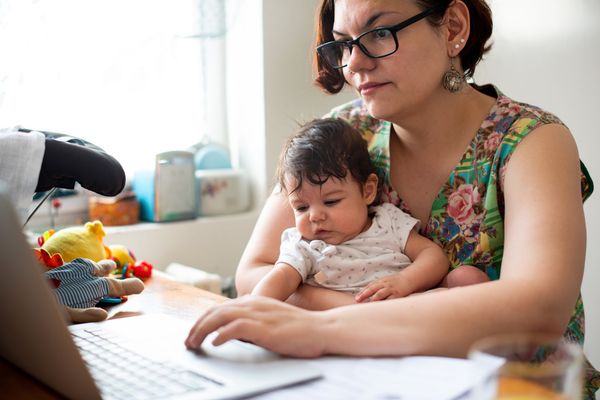When your baby's smooth bottom becomes red, warm, puffy and irritated, it's stressful. How could this have happened? You keep his tush exquisitely clean, and, yet, this horrible rash has appeared.
Diaper rash is a tricky thing to deal with, partly because there are many possible causes.
Causes of diaper rash include:
Moisture. Even though diapers absorb a majority of the wetness, there will also be some moisture on your baby's skin. The problem arises when your child's urine mixes with bacteria from his stool. This breaks down and forms ammonia, which can be very harsh to your little guy's sensitive skin. So, if your baby has frequent bowel movements or diarrhea, he is more prone to diaper rash.
Chemical sensitivity. For the first few weeks of your baby's life, it's best to steer clear of wipes and use only mild detergents and soaps. A baby's skin is super sensitive in the beginning, so fragrant products may not agree with his skin.
Chafing. Once he starts moving around more, the diaper will rub against his skin. This constant friction may cause a rash to form.
Food. If you're breastfeeding, it's possible the foods you're eating may affect his stool. It's a good idea to keep track of your diet if/when a rash occurs. It's also common for children to get diaper rash when they start eating solid foods or are introduced to a new food because any new food changes the composition of the stool. Acids in certain foods, such as strawberries and fruit juices, can be especially troublesome for some kids.
Infection. Bacteria and yeast thrive in warm, moist areas, like your baby's diaper, so it's easy for an infection to flourish there and cause a rash. The most problematic areas are the cracks and folds of your child's skin.
Antibiotics. While antibiotics are great at killing harmful bacteria, they also reduce the number of healthy bacteria that help keep yeast in check. Children on antibiotics (or whose breastfeeding mothers are on antibiotics) sometimes get yeast infections because of this. Antibiotics can also cause diarrhea, which can contribute to diaper rash.
Even if you do everything to prevent diaper rash, it can still happen.
Treatments for diaper rash include:
Regular diaper changes. Aim to change your child's diaper every two hours or as soon as he has a bowel movement.
Don't use wipes. Don't use anything that contains alcohol or fragrance. The best way to clean irritated skin is with mild soap and water. Try keeping cotton balls and a squirt bottle of water at the changing table for easy, gentle cleanups.
Never rub. When cleaning your baby's behind, only pat. Rubbing will further irritate the skin, possibly causing it to bleed.
Dry well. Since moisture is one of the causes of diaper rash, make sure his bottom is completely dry before applying any ointments.
Create a barrier. Use an ointment that forms a protective barrier on the skin after every diaper change to help protect your child's irritated skin from stool and urine. Petroleum ointment or petroleum jelly, nonpetroleum jelly, lanolin products and white zinc oxide are great options.
Use a larger diaper. A tight diaper doesn't allow for any air to reach his irritated skin. Use a diaper that's a little big on him to allow for better air circulation.
Have diaper-free time. Let your little guy go without a diaper in an easy-to-clean place. Exposure to the air will speed healing.
